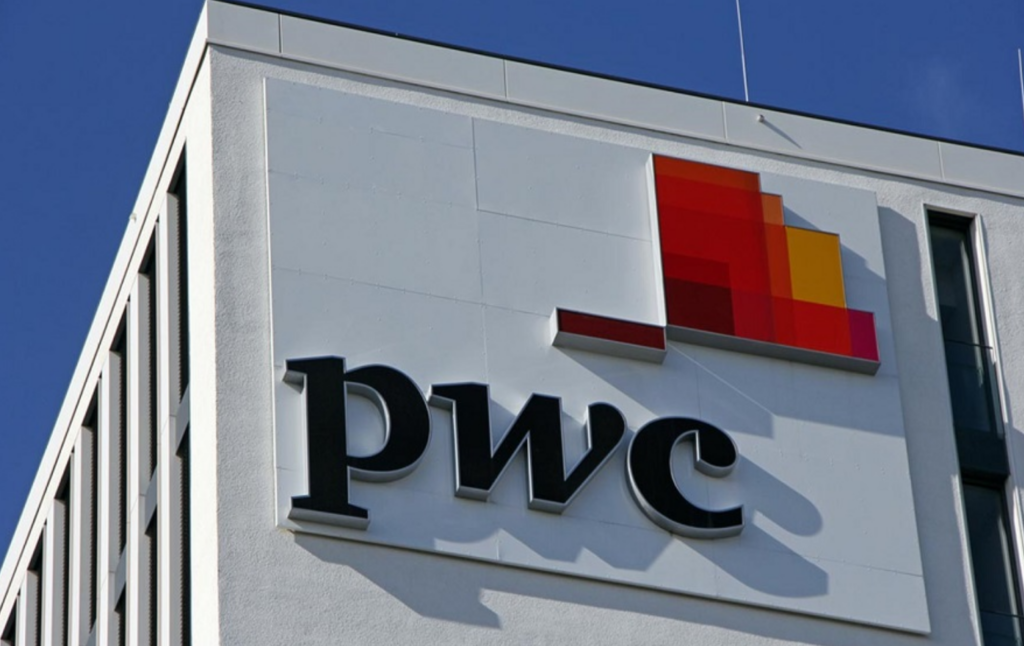Consulting firm, PwC, has projected a marginal decline in Nigeria’s inflation to 29.5% by the end of this year.
The company made the projection in its latest economic outlook report on Nigeria released on Monday. According to the company, the decline would be achieved as a result of the ongoing reforms and policy actions of the government.
As of May, data from the National Bureau of Statistics (NBS) shows Nigeria’s inflation rate surged to 33.95% in May 2024, up from 33.69% in April 2024.
“PwC projects a marginal decline in inflation to 29.5% by year-end, balancing the effects of reforms, policy actions, external pressures, and food prices; particularly in the second half of the prices outlook year,” the company stated.
Policy actions required
Despite the positive projection, the company highlighted key considerations for the government in the areas of policies that could help stabilize the economy. Specifically, it urged the government to prioritize macro stability by addressing security, social and pressure points of inflation, and exchange rate pressures.
According to PwC, the government would also need to mobilise capital to drive growth through market focused policies, intensification of investment promotion. It also advised the government to make short- and long-term sectoral bets focused on exports, domestic substitution, and job creation.
“Government must drive fiscal prudence by optimising spending on capital projects with the highest ROI, rationalise public service spending and improve revenue diversification and collection efficiency. It must decide when and how to introduce, defer, sequence, or stagger different policies based on current economic and social conditions,” the firm added.
Citing the recently introduced and suspended cybersecurity levy as an instance, PwC advised the government to adopt scenario planning before any major economic reform is implemented to avoid unwarranted policy reversals.
What you should know
The current high inflation in Nigeria is driven primarily by the surging costs of food items and this has been attributed to various factors including insecurity, which is discouraging farmers from cultivating.
Speaking during the Nairametrics economic outlook webinar on Saturday, the Chief Executive Officer of Rice Afrika, Ibrahim Maigari, also attributed the current food inflation in Nigeria to a series of disruptive events from 2020 to 2023, including the COVID-19 pandemic lockdown, currency redesign, and the removal of fuel subsidies by the current administration.
- In May 2024, Nigeria’s food inflation rate reached 40.66% on a year-on-year basis, a significant increase from the 24.82% recorded in May 2023. It is also higher than the 40.53% recorded in April 2024.
- The items contributing most to this inflation include Semovita, Oatflake, Yam flour pre-packaged, Garri, Bean, etc (which are under Bread and Cereals Class), Irish Potatoes, Yam, Water Yam, etc (under Potatoes, Yam and other Tubers Class), Palm Oil, Vegetable Oil, etc (under Oil and fat), Stockfish, Mudfish, Crayfish, etc (under Fish class), Beef Head, Chicken-live, Pork Head, Bush Meat, etc (under Meat class).
- However, on a month-on-month basis, food inflation in May 2024 was recorded at 2.28%, a decrease from the 2.50% recorded in April 2024.
